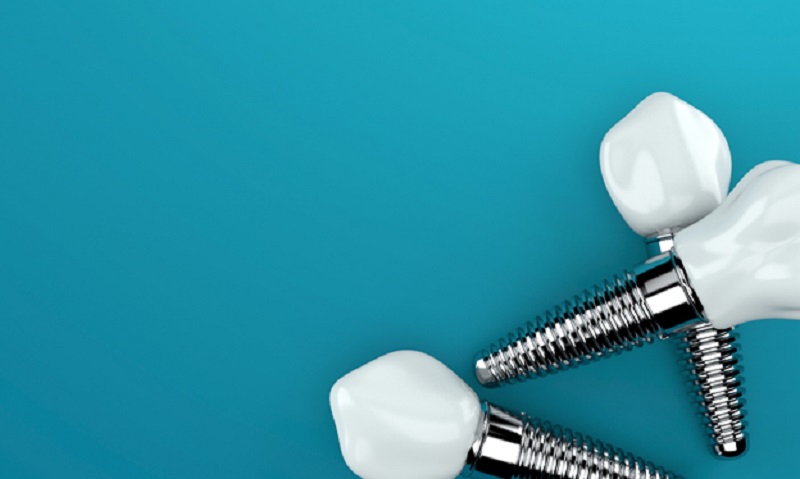Getting dental implants in Navan

Having visible gaps in your teeth can have a huge knock on your confidence. Whether it is out of your control or not, there is no denying that tooth loss can make you feel self-conscious when communicating with people and can even affect your mouth’s ability to bite or chew, making eating difficult and painful. Luckily, there is a solution to tooth loss that can not only restore your delightful smile but also ease eating and drinking again. Dental Implants Navan are a great way to substitute missing teeth with natural looking crowns that are permanent, so that you don’t need to worry about unsightly gaps ever again.
What are dental implants?
Dental implants are metal screws composed of titanium that are placed straight into your jawbone so that they may act as a replacement for your missing tooth root. After a dental implant is secured, the bone that is located around the implant will gradually begin to fuse to it thereby securing it in place. Once the implant is in place, it can function like a tooth root and support a denture or crown on top of it.
Are dental implants suitable for me?
Dental implants are quickly becoming more and more common; this comes as no surprise as their benefits are endless. Your dentist will be more than happy to put in a dental implant for you provided that your overall hygiene is of a satisfactory condition, and you have no other serious oral health issue.
Below are a few reasons we believe you should consider choosing dental implants:
- Dental implants are permanent as the titanium screws are surgically secured into the jawbone. Once the bone fuses to the implant, it is fixed further into place thereby allowing it to function like a natural tooth root.
- Dental implants allow your teeth to appeal more natural-looking, unlike conventional dentures. The dental crowns can be positioned on top of the dental implant, which reduces its risk of moving or falling out of place thereby filling any gaps caused by tooth loss and making your teeth look more cohesive.
- Getting implants can prevent bone loss from occurring. When you suffer tooth loss, the jawbone beneath it can begin to wither due to a lack of stimulation by the root. With dental implants acting like natural teeth, further bone loss can be prevented as the bone will constantly be stimulated.
- Missing teeth makes actions like biting and chewing painful and challenging, especially when it comes to foods that are hard or crunchy. Dental implants can restore the strength in your mouth, making it possible to eat all types of foods again without having to be concerned about feeling any pain or discomfort.
Who can get dental implants?
While dental implants are appropriate for most people, there are a few factors that can prevent you from being able to receive the treatment. This is because these factors can have a negative effect on the healing process and how your mouth will respond to the treatment. Factors which may make hinder your opportunity to get dental implants include:
- Smoking tobacco products as tobacco has been proven to interrupt your body’s ability to heal from infections or after procedures by weakening your immune system.
- If you have had radiotherapy around the jaw, your dentist may not agree to proceed with a dental implant as radiotherapy is known to destroy your white cells which are responsible for destroying bacteria. If you suffer an infection as a result of the treatment, it may aggravate the infection or take a significantly longer period of time to heal due to the lack of white cells in your body.
- If you have active gum disease – if you suffer with periodontitis, your dentist will refuse to carry out a dental implant procedure until the periodontitis or gum disease is resolved or treated.
What is the process?
Unlike most dental procedures which are often quite speedy, the process of getting dental implants fitted into your mouth is lengthy and may require a lot of patience; this is because it can take up to nine months for your jawbone to fuse to the implant.
The process begins with a consultation with your dentist to judge your suitability for the treatment and discussing your medical history. The dentist will then take x-rays of your teeth to construct a tailor-made treatment plan and to check if you have suffered any bone loss. To insert the implant, your dentist will then need to make an incision in your gum and drill a small hole into the bone where the implant will be inserted. Once the implant is in, the area surrounding it will be stitched up allowing the bone to grow around the implant and fusing with it.







